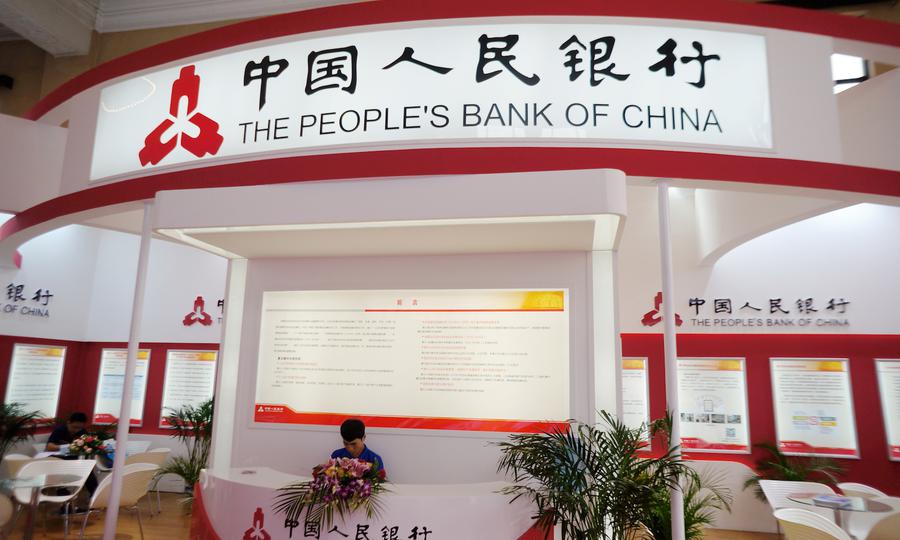(ATF) Less than six months after getting on board India’s largest private-sector mortgage lender, HDFC, the People’s Bank of China (PBOC) made its second investment in the country’s financial sector by writing a small cheque for a stake in ICICI Bank’s just-concluded fund-raising exercise.
In the country’s financial community, this investment has created a flutter amid the prevailing ‘boycott Chinese movement’ triggered by the recent geopolitical tension between India and China.
But industry sources say that aside from its political significance, the PBoC’s investment in the country’s second-largest private bank, is just an investment decision with minor stakes for both.
Politically and strategically significant
Quoting unnamed sources, the Business Today, a local publication reported today that the PBoC was one of the 357 institutional investors in the ICICI Bank’s $2-billion capital raising exercise on Saturday to fund business growth and meeting regulatory capital requirement. The PBoC signed a cheque of $2 million for a stake in the second-largest private bank under the qualified institutional placement scheme.
“This is indeed good news and signifies that despite the political tensions between the two countries, a sense of bonhomie still prevails in investment matters. But the PBoC is one of the three hundred and fifty plus investors that has invested in ICICI’s QIP, which was just 1% of the capital raised by the Bank last week,” a banking industry executive told ATF, requesting anonymity due to sensitivity of the issue.
“The stake, therefore, is too small for both the PBoC and ICICI. Besides, going by the the PBoC reported exit from the HDFC investment recently, ICICI Bank could be a fleeting investment too for the central bank,” he added.
The investment follows the PBoC increasing its stake in HDFC to 1.01% in March. However, according to a stock exchange filing by HDFC, the PBoC reduced that stake to less than 1% sometime in June.
According to ICICI, the three top foreign investors bagging more than 5% of the equity shares offered in the issue were the Monetary Authority Of Singapore (11.08%), Morgan Stanley Investment Management (7.3%), and Société Générale-OD (5.5%).
Among major domestic investors winning a slice of that issue included HDFC Trustee, SBI Life, Govt Pension Fund Global, HDFC Life, Aditya Birla Sunlife, Bajaj Allianz, Nomura India, Franklin India Fund, and L&T MF Trustee among others.
Business Today noted however that “It makes good sense for the Chinese central bank, which is flush with funds, to diversify part of its war-chest in countries like India rather than stay invested in the US and Europe. US and China are already locked in a trade war which has now further escalated into their business areas.”
The publication also added that, “According to experts, the current investment by a Chinese bank in ICICI Bank doesn’t pose any threat as banking is a highly regulated business.”
For instance, “no single investor has voting rights of more than 15 per cent in a banking entity. In addition, any acquisition of share beyond 5 per cent requires RBI’s prior approval.”
ICICI Bank, however, did not respond to a request for comment.
Souring relations
Regardless, PBoC’s investment in ICICI is also noteworthy given that political relations between the two countries have been steadily going downhill after the border clash at Ladakh’s Galwan River Valley in June, which led to the death of over 20 Indian soldiers.
The episode has sent shockwaves through the entire nation, with many industry and trade bodies demanding an immediate boycott of all Chinese products and services.
India has also mandated the screening of investment flows from China in April and the government has been slow in approving any since the clash.
In the recent weeks India banned 59 Chinese apps including TikTok , Shareit, and WeChat, as well.
Meanwhile, ICICI Bank share rose today after the reports of the PBoC investment with its share price of ICICI Bank recording an intraday high of Rs 365.90, rising 1.13% on the Bombay Stock Exchange. But the stock closed at Rs 360.25 recording a end-of-the-day gain after 2 days of consecutive fall.
READ MORE: China stimulus spurs global rally
- With reporting by Business Today and Reuters
























